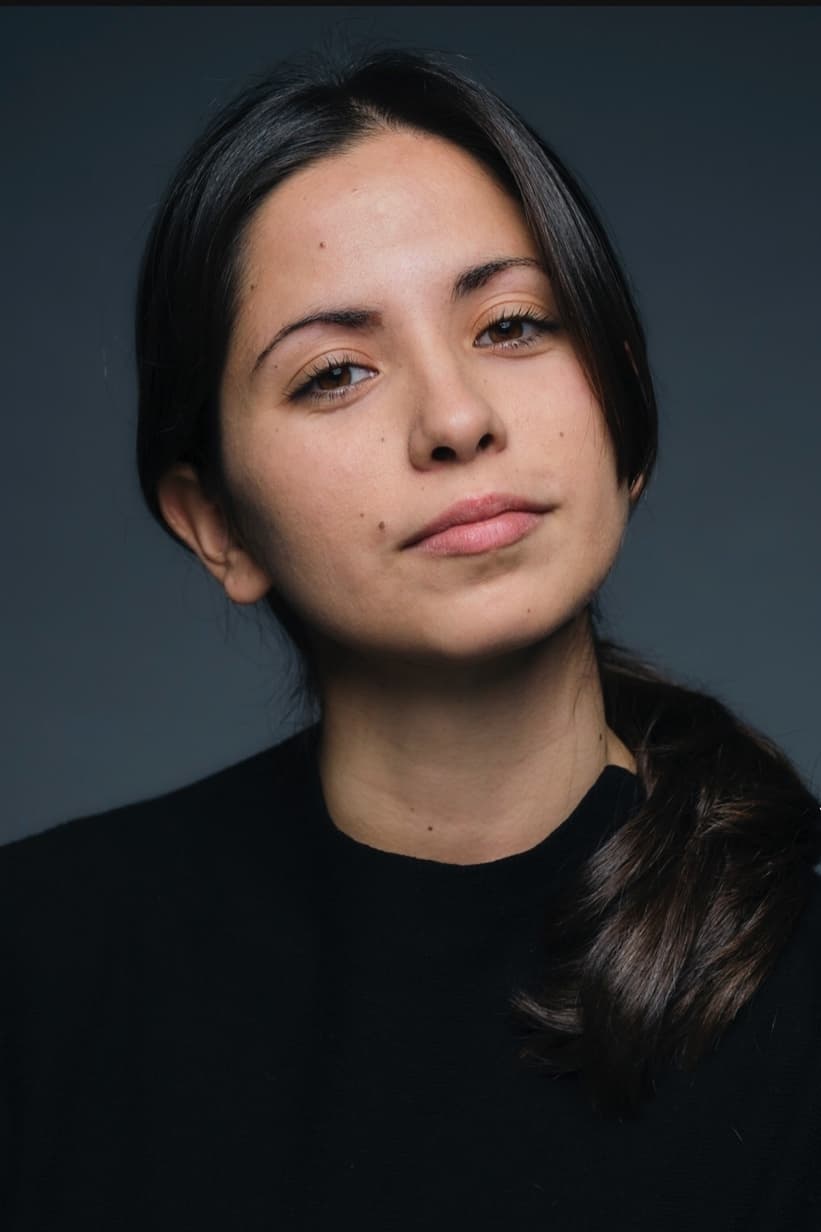
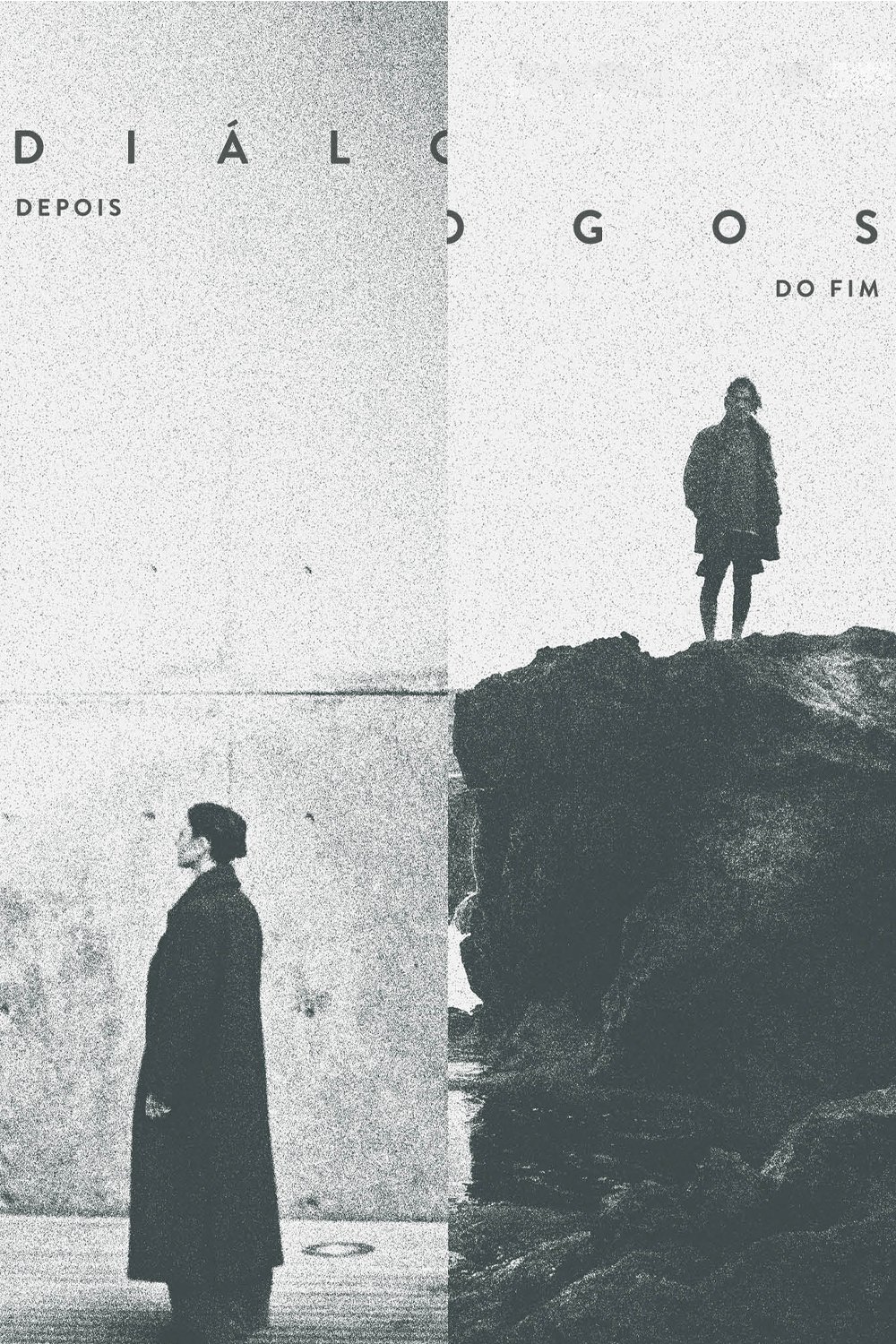
Pavese considered Dialogues with Leucò his best work. Eloquent and at the same time sententious and fragile, but implausible among humanized gods, demigods, heroes, and other pagan figures of Greek mythology, who question, through the imaginary of myths, the society of contemporary man. Out of a time and a certain space, and thus, and like all myths, always current.
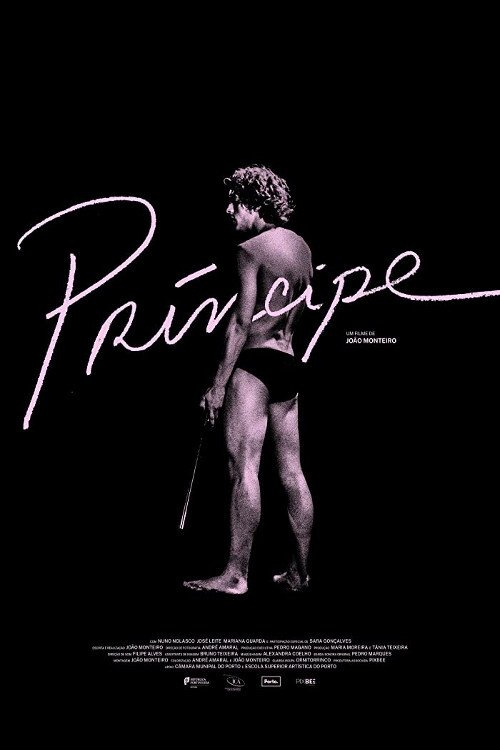
While wandering around the city on his bike, as if trying to find a path for his life, a nameless protagonist thinks about the encounters and mis-encounters that perpetuate or change his routines, about the fears that trap him and the dreams and desires that set him free. Gradually, the vertices of a love triangle are revealed, leading him to confess his anxieties and to question his certainties.
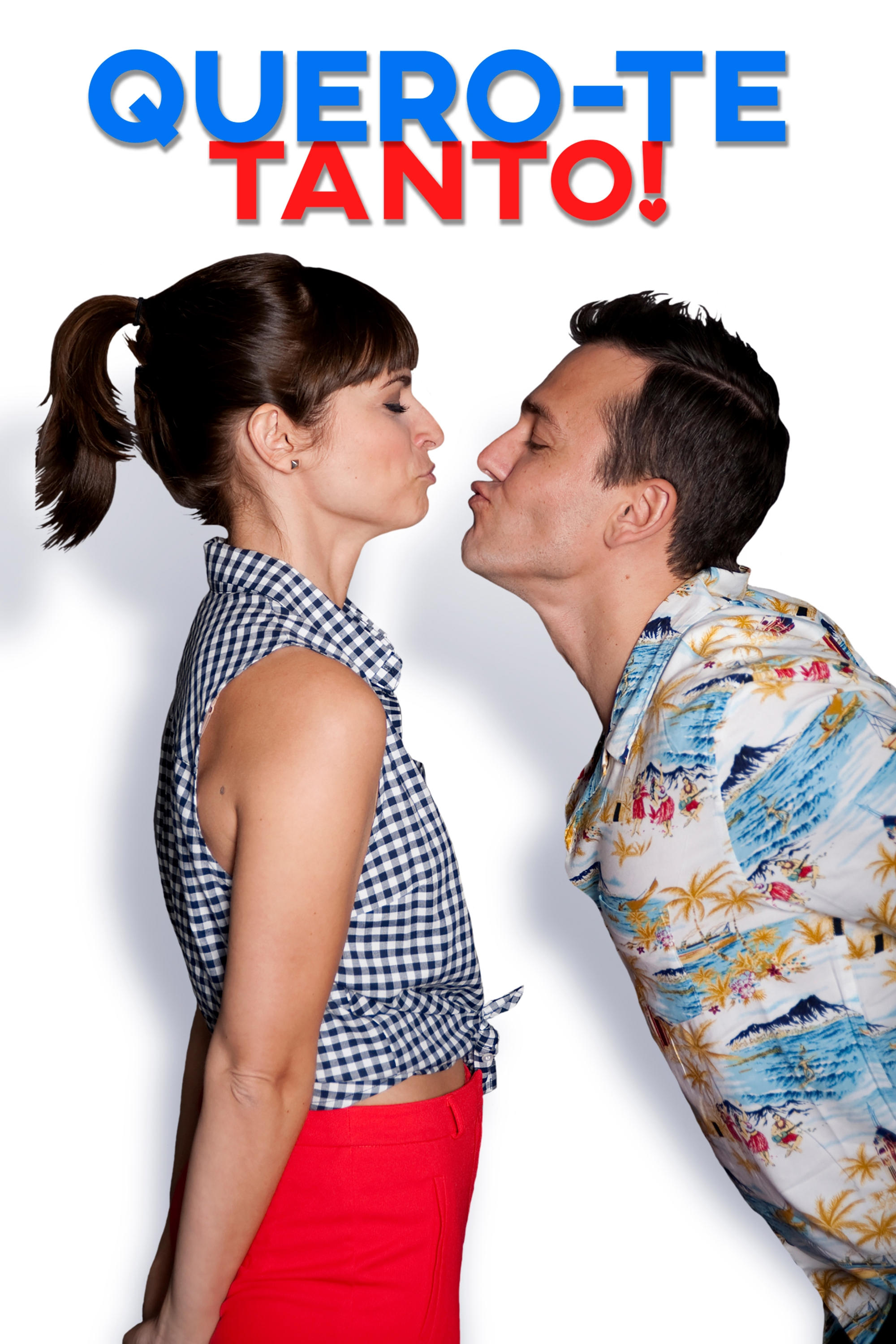
A romance comedy about a nonconformist couple of young parents who, looking for a solution to their fragile financial situation, is involved in an innocent and crazy scheme.
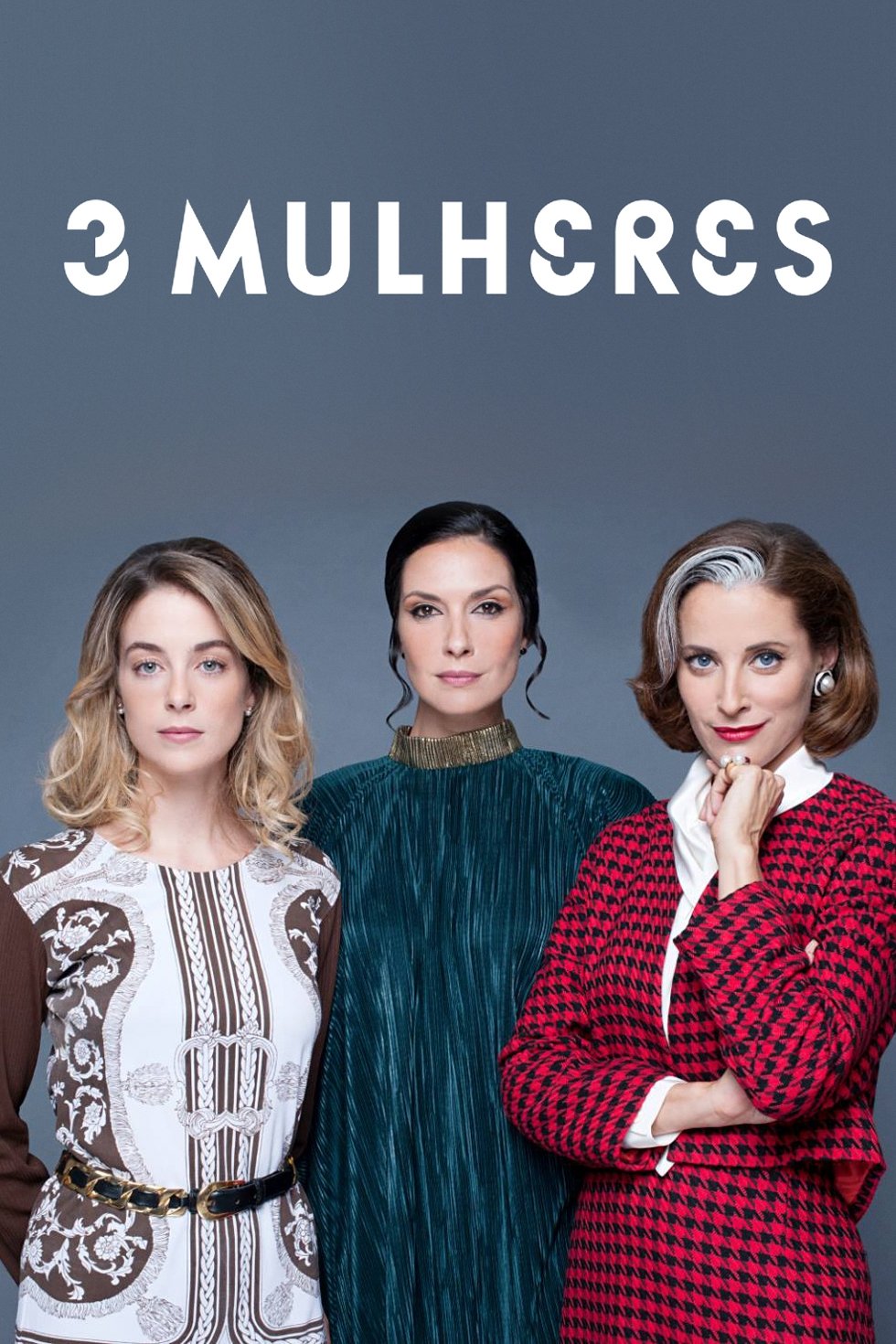
A historical fiction series that, from the biographies and cultural and civic intervention of the poet Natalia Correia, the editor Snu Abecassis and the journalist Vera Lagoa (pseudonym of Maria Armanda Falcão), recalls the last years of the Estado Novo (Second Republic) - 1961 to 1973 - from the beginning of the colonial War to the eve of the April Revolution.
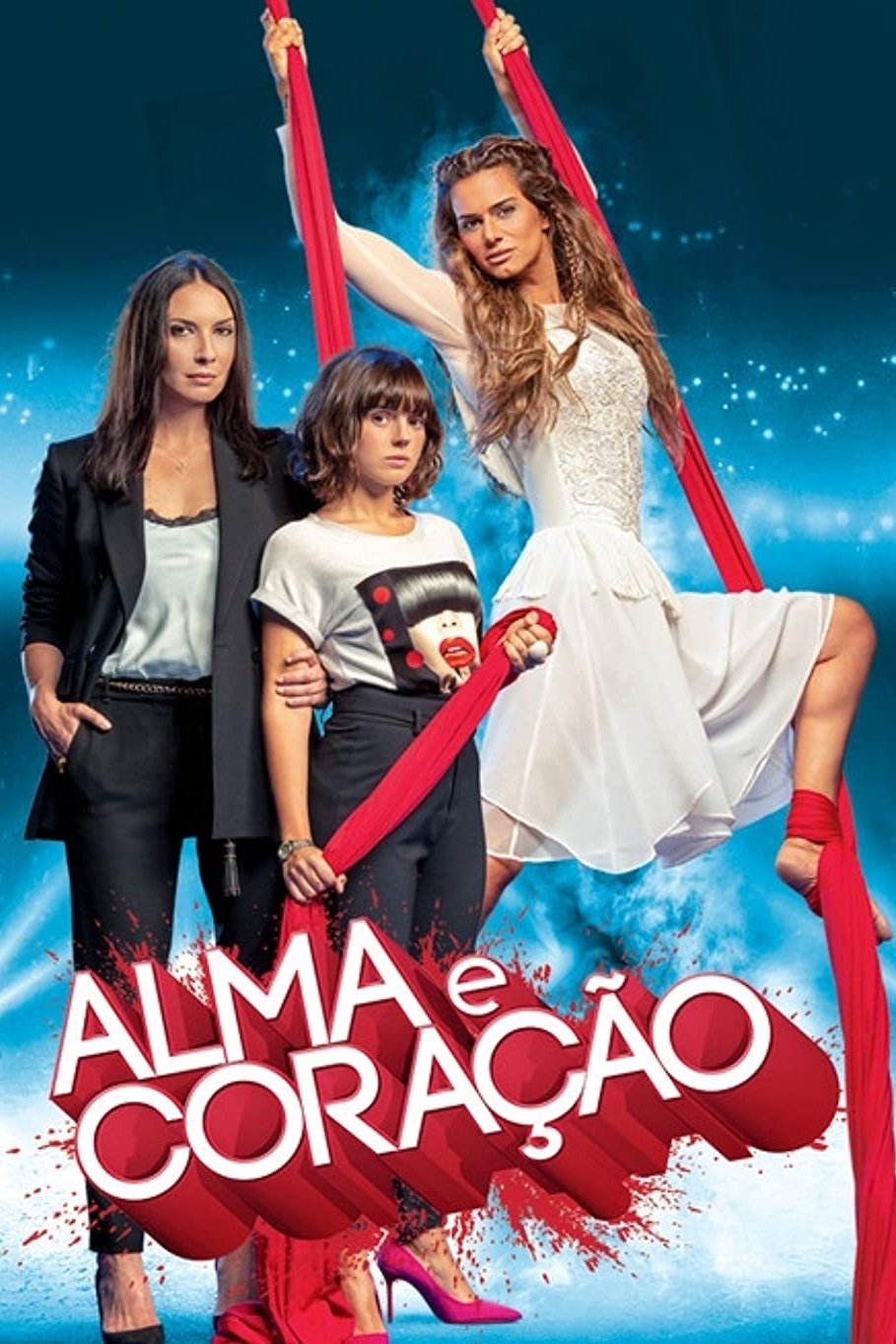
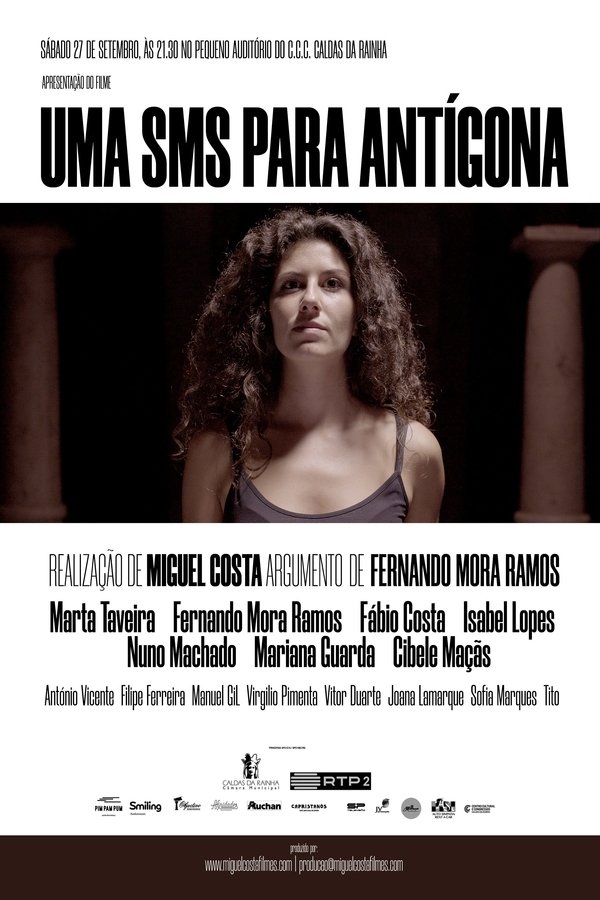
At the age of twenty, Maria interweaves her time between her role as an actress at the local theatre company and her work as a cashier in a supermarket chain, with the aim of achieving the great dream of pursuing theatre studies abroad. The dichotomy between this wonderful dream world is abruptly cut daily by the reality of the work, populated by rules that are incomprehensible to her. Two events completely change Mary's journey, testing her ideal in life. Is the ability to realise a dream capable of overcoming all the obstacles encountered?